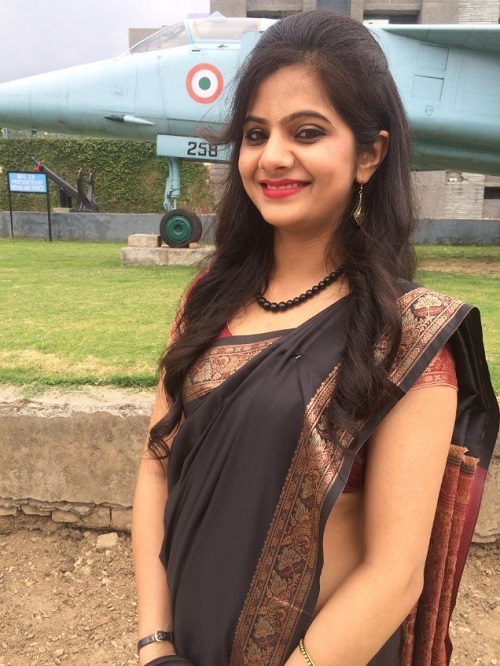Nupur Priya ACIArb
Why have you decided to specialise in ADR? What attracted you to this area of law?
ADR is a unique and growing area of law. My decision to specialise in ADR is deeply rooted into my mooting activities during my LL.B. I represented my university as a speaker at prestigious FDI International Arbitration Moot,2015 at King’s College London. I thoroughly enjoyed and learnt arbitration sessions. It gave me the practical understanding about ADR and helped me to have more clarity on arbitration as my career. I decided so because of many factors associated with it, such as flexibility, party autonomy, and most important, faster than litigation. I firmly believe dispute resolution should be quicker, cheaper and less burdensome. ADR brings all these on board. In my opinion, in the fast-developing world, we need ADR to resolve legal disputes in order to focus more on our work and its productivity.
What do you consider as the biggest challenge for the ADR in the future?
ADR resolves most of disputes efficiently, much better than litigation. However, in my opinion, the biggest challenge for the ADR in the future would be its ‘enforceability’. In some jurisdictions some arbitral awards still facing difficulties to get enforced and as a result, parties often refrain from arbitration. This might make arbitration/mediation less popular dispute resolving method in the future.
If you had a time machine, what piece of advice would you give to yourself at the beginning of your career in ADR?
If I had a time machine, I would have dedicated more time towards ADR studies and practice. It is utmost important to understand your interest area which you could do for rest of your life, without any regret. I discovered my interest in ADR towards the end of my LLB. If I have known in the beginning of my career, I would have done some more work experiences in ADR and joined pioneer institution such as CIArb to give more credibility to my career. Also, I would have studied LLB in the United Kingdom or USA, where I could have more opportunities in ADR.
What is it like to work in a predominantly male profession such as ADR?
In my opinion, its challenging and rewarding experience to work in a male dominant profession, including ADR. It provokes you to work smarter, harder and better to stay in the field of ADR. Again, it should be reminded that women have become more knowledgeable, powerful and more participative in all fields, not just in law. Recently, ADR has witnessed huge influx of women as an arbitrator, a mediator or a negotiator. The whole landscape has been changing and now women are seen in various leadership positions such as a firm’s partner or as an independent practitioner. So, working along with male fellows helps to understand as if what is required for more participation of women in the field of ADR or what skill sets should be learnt in competitive ADR field.
How has a membership with the Chartered Institute of Arbitrators benefitted your career?
The Chartered Institute of Arbitrators provides an amazing platform for development of career in the field of ADR. I joined it as a young member and presently, I am ACIArb. It gave me numerous opportunities to attend many networking events related to ADR. This helped me to meet experienced and qualified people in this field. Recently, it also gave me opportunity to interact with law graduates to discuss about ADR and CIArb.
I have been incredibly grateful to CIArb for getting some amazing mentors, who helps me to understand every aspects of my career development in ADR. Personally, I met few amazing people few years back in networking events and now some of them are my mentors. So, I would definitely recommend every ADR aspirants to join CIArb and get involved in its events. This would not just help you to do networking, but also provides various skills development opportunities.
Along with all these, it also gives me credibility as a young practitioner of ADR. The membership helps an individual to develop their career in the field of ADR
Tell us about your interests, hobbies or any out of work activities.
I think its very important to have some interest or hobbies because these are stress-boosters and makes you ready for new challenges. I am interested in travelling to new adventurous places and networking. I am also interested in understanding different cultures and languages. Presently, I am learning French and I am absolutely enjoying it. My hobbies are music and cooking. I do play few musical instruments such as harmonium. I like classical music. These out of work activities really helps me to be more creative and relaxed.
Tell us a short war story from your ADR experience.
Generally, ADR is a very peaceful dispute resolving method. Considering the confidentiality element, I could not discuss a story. However, when ADR is practised similar to litigation, it becomes a war situation. It is one of the sad stories happening in some jurisdictions.
